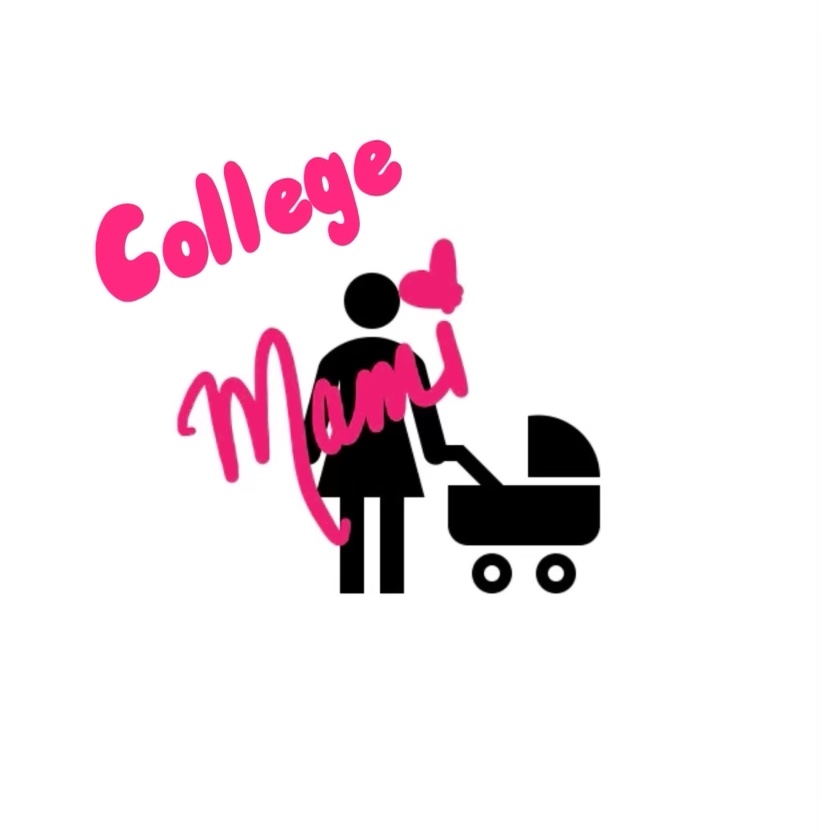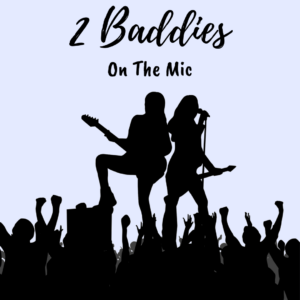You’ve now listened to six really different interviewers talk about their approaches: Jesse Thorn, Audie Cornish, Larry King, Reggie Ossé, Terry Gross, and Ira Glass. Some common questions come up:
What kinds of research do they do?
How scripted are their interviews?
How do they make interviewees comfortable?
What excites them?
What’s unique about their approaches?
With these questions in mind, prepare two things for class:
1. Compare three interviewers in relation to one of the questions above.
2. Think about what techniques described by any of the interviewers you might emulate?
Hint: You’ll be conducting mock interviews in class.





